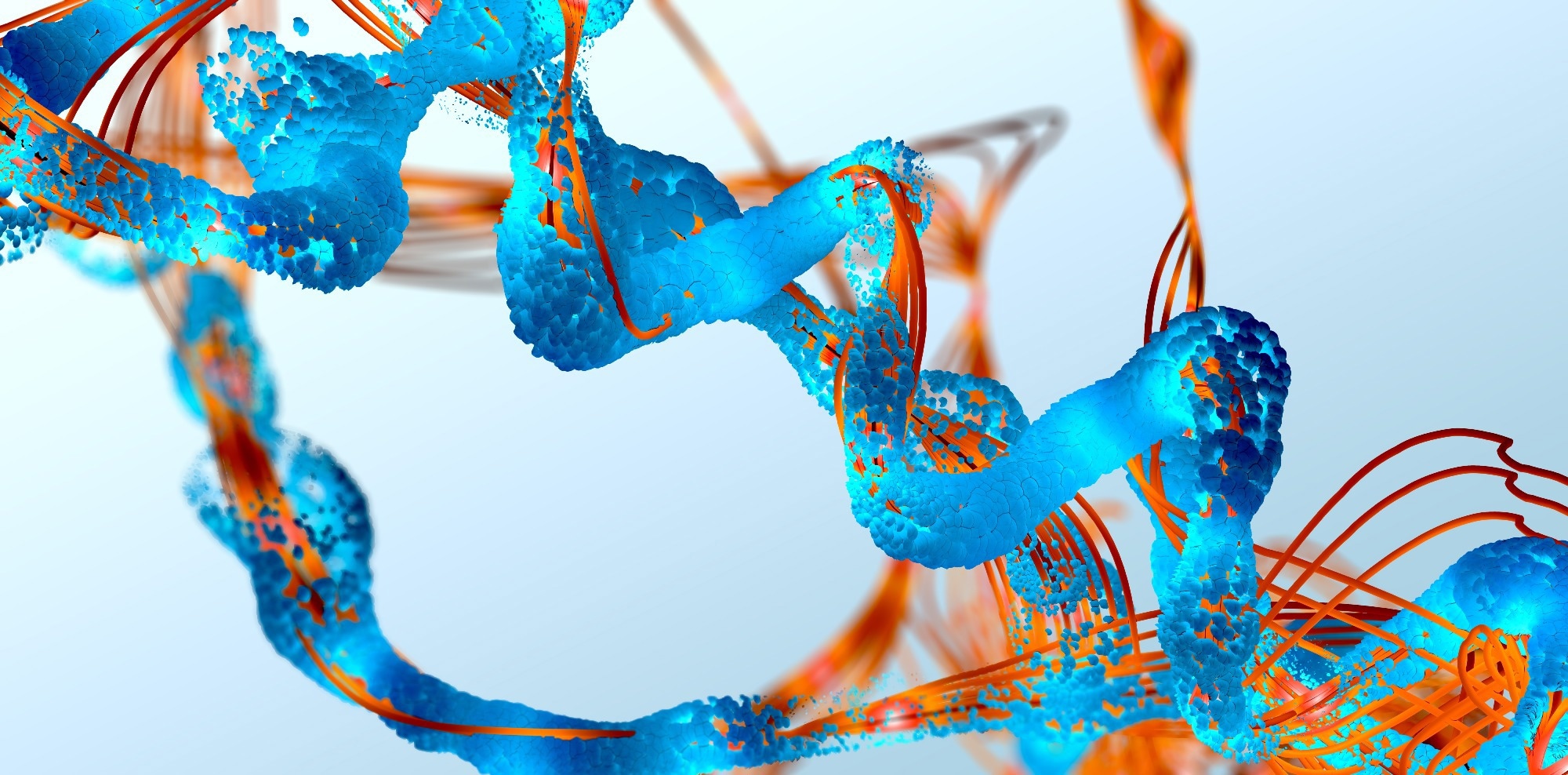An advanced AI system has rapidly generated thousands of ready-to-use proteins, paving the way for faster, more affordable drug development and diagnostics that could transform biomedical research and patient care.
 Research: Expanding the sequence spaces of synthetic binding protein using deep learning-based framework ProteinMPNN. Image Credit: Christoph Burgstedt / Shutterstock
Research: Expanding the sequence spaces of synthetic binding protein using deep learning-based framework ProteinMPNN. Image Credit: Christoph Burgstedt / Shutterstock
A research team from Chongqing University and Zhejiang University has developed an AI tool that created 7,245 new proteins entirely through computer design. These proteins are designed to bind to targets such as viruses or cancer markers and can be utilized in medicines, laboratory tests, and scientific research. The research is published in the journal Frontiers of Computer Science.
Why Make New Proteins?
Special proteins can act like tiny tools that grab onto harmful cells or help detect diseases. They're essential in the production of drugs, vaccines, and diagnostic kits. But creating them by hand takes time and money. That's why researchers and companies are turning to AI to accelerate and streamline the process.
Faster Design for Biotech and Pharma
The AI tool helps cut months of lab work down to weeks. It doesn't just make proteins—it also predicts which ones will dissolve well in liquid and retain their shape when heated, making them less likely to clog lab equipment or break down during storage or transport. This makes them ready for testing and facilitates easier manufacturing.
"Our AI pipeline lets us design high-performance proteins quickly and at low cost," said Prof. Weiwei Xue. "This gives smaller labs and companies a chance to compete and innovate."
Big Data, Fast Filtering
To begin, the team collected over 1,300 existing protein structures from a public database. The AI generated five new versions of each, then quickly screened them for key features, such as stability and the ability to adhere to their target. Only the best-performing ones were selected, saving labs time by skipping weak candidates.
Ready for Real Use in the Lab and Clinic
More than 70% of the new proteins were predicted to dissolve cleanly in liquids such as water or buffer solutions, essential for use in laboratory tests, injectable drugs, or test strips. Approximately 60% remained stable at high temperatures, which is beneficial during shipping, storage, or sterilization.
Designed for Flexibility and Fit
The proteins were based on 55 different structure types, including parts of antibodies already used in approved drugs. The variety helps ensure the proteins can fit many kinds of disease targets. Nearly half were predicted to bind even more tightly than older designs—important for accuracy in tests and strength in treatments.
Why It Matters
This work demonstrates how AI can accelerate and reduce the cost of developing proteins used in medicine. For drug and biotech companies, that means a faster pipeline. For hospitals and labs, it could lead to more reliable and affordable tests. For researchers, it's a new way to explore biology—faster and smarter than ever before.
Source:
Journal reference:
- Yanlin LI, Wantong JIAO, Ruihan LIU, Xuejin DENG, Feng ZHU, Weiwei XUE. Expanding the sequence spaces of synthetic binding protein using deep learning-based framework ProteinMPNN. Front. Comput. Sci., 2025, 19(5): 195903 DOI: 10.1007/s11704-024-31060-3, https://journal.hep.com.cn/fcs/EN/10.1007/s11704-024-31060-3